iindaba
-
 Understanding HEDP as an Effective Scale Inhibitor In the world of water treatment aFunda ngokugqithisileyo
Understanding HEDP as an Effective Scale Inhibitor In the world of water treatment aFunda ngokugqithisileyo -
 Types of Flocculants in Water Treatment Water treatment is a critical process in ensFunda ngokugqithisileyo
Types of Flocculants in Water Treatment Water treatment is a critical process in ensFunda ngokugqithisileyo -
 Understanding Amino Tris Methylene Phosphonic Acid Properties and Applications AminoFunda ngokugqithisileyo
Understanding Amino Tris Methylene Phosphonic Acid Properties and Applications AminoFunda ngokugqithisileyo -
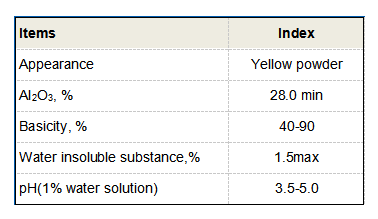 Butane-1,2,4-Tricarboxylic Acid A Comprehensive Overview Butane-1,2,4-tricarboxylic aFunda ngokugqithisileyo
Butane-1,2,4-Tricarboxylic Acid A Comprehensive Overview Butane-1,2,4-tricarboxylic aFunda ngokugqithisileyo -
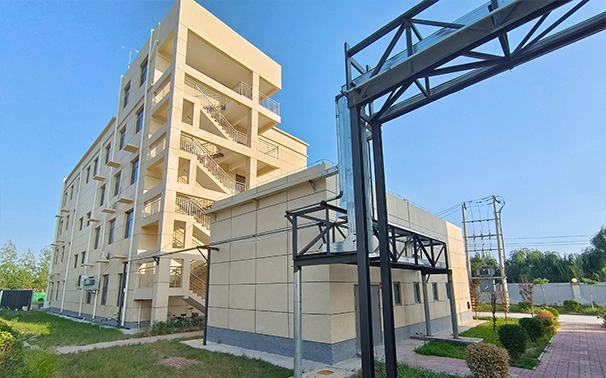 Poly(maleic anhydride) (PMA) is a polymer derived from maleic anhydride, featuring a range of appFunda ngokugqithisileyo
Poly(maleic anhydride) (PMA) is a polymer derived from maleic anhydride, featuring a range of appFunda ngokugqithisileyo -
 Understanding HEDP 2060 Properties, Applications, and Benefits In today's world, wherFunda ngokugqithisileyo
Understanding HEDP 2060 Properties, Applications, and Benefits In today's world, wherFunda ngokugqithisileyo -
 Chloromethyl Isothiazolinone A Comprehensive Overview Chloromethyl isothiazolinone (CFunda ngokugqithisileyo
Chloromethyl Isothiazolinone A Comprehensive Overview Chloromethyl isothiazolinone (CFunda ngokugqithisileyo -
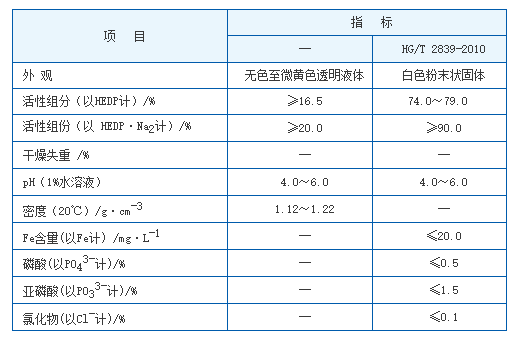 Flocculant for Sale An Essential Solution for Water Treatment In an era where environFunda ngokugqithisileyo
Flocculant for Sale An Essential Solution for Water Treatment In an era where environFunda ngokugqithisileyo -
 Cationic Polyacrylamide A Versatile Polymer for Various Applications Cationic polyacrFunda ngokugqithisileyo
Cationic Polyacrylamide A Versatile Polymer for Various Applications Cationic polyacrFunda ngokugqithisileyo -
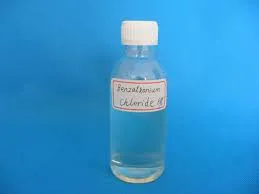 Poly Aluminium An Overview of Its Uses and Applications Poly aluminium, a term that eFunda ngokugqithisileyo
Poly Aluminium An Overview of Its Uses and Applications Poly aluminium, a term that eFunda ngokugqithisileyo
Yakutshanje Iindaba kunye neeBlogs
jonga ngakumbi -
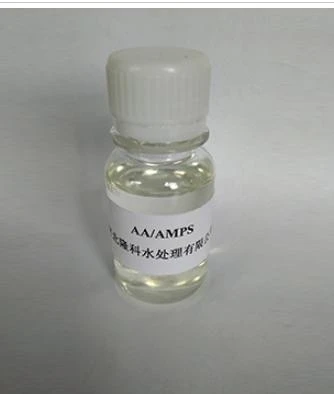 Understanding Polycarboxylic Acids: Properties, Applications, and Future PotentialPolycarboxylic acids are a versatile group of polymers widely used in water treatment, cleaning products, concrete admixtures, textiles, and even sustainable materials.Funda ngokugqithisileyo
Understanding Polycarboxylic Acids: Properties, Applications, and Future PotentialPolycarboxylic acids are a versatile group of polymers widely used in water treatment, cleaning products, concrete admixtures, textiles, and even sustainable materials.Funda ngokugqithisileyo -
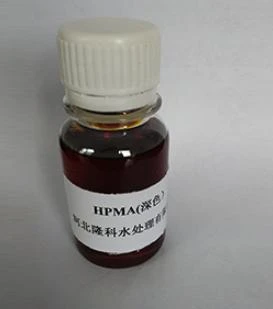 Scale Inhibitor Explained: How to Protect Your System from Limescale and Hard Water DamageIn water systems—from industrial boilers and cooling towers to household appliances—scale is a persistent enemy.Funda ngokugqithisileyo
Scale Inhibitor Explained: How to Protect Your System from Limescale and Hard Water DamageIn water systems—from industrial boilers and cooling towers to household appliances—scale is a persistent enemy.Funda ngokugqithisileyo -
 Scale and Corrosion Inhibitors: Essential Chemicals for Industrial Water System ProtectionIn industrial water systems—cooling towers, boilers, heat exchangers, pipelines, and RO systems—two silent threats can cause serious damage over time: scale formation and corrosion.Funda ngokugqithisileyo
Scale and Corrosion Inhibitors: Essential Chemicals for Industrial Water System ProtectionIn industrial water systems—cooling towers, boilers, heat exchangers, pipelines, and RO systems—two silent threats can cause serious damage over time: scale formation and corrosion.Funda ngokugqithisileyo -
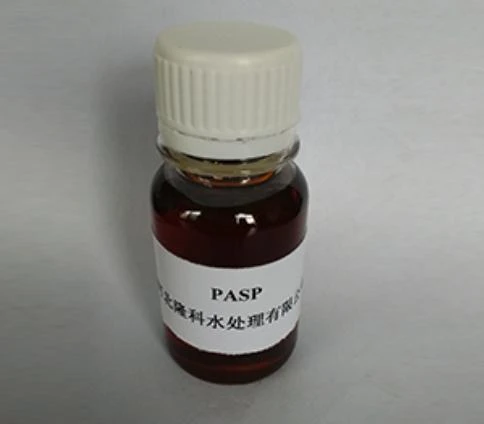 Polyaspartic Acid: A Biodegradable Polymer for Sustainable ChemistryAs industries move toward more sustainable materials, polyaspartic acid (PASP) is gaining traction across sectors—from water treatment and agriculture to coatings and biomedical applications.Funda ngokugqithisileyo
Polyaspartic Acid: A Biodegradable Polymer for Sustainable ChemistryAs industries move toward more sustainable materials, polyaspartic acid (PASP) is gaining traction across sectors—from water treatment and agriculture to coatings and biomedical applications.Funda ngokugqithisileyo





